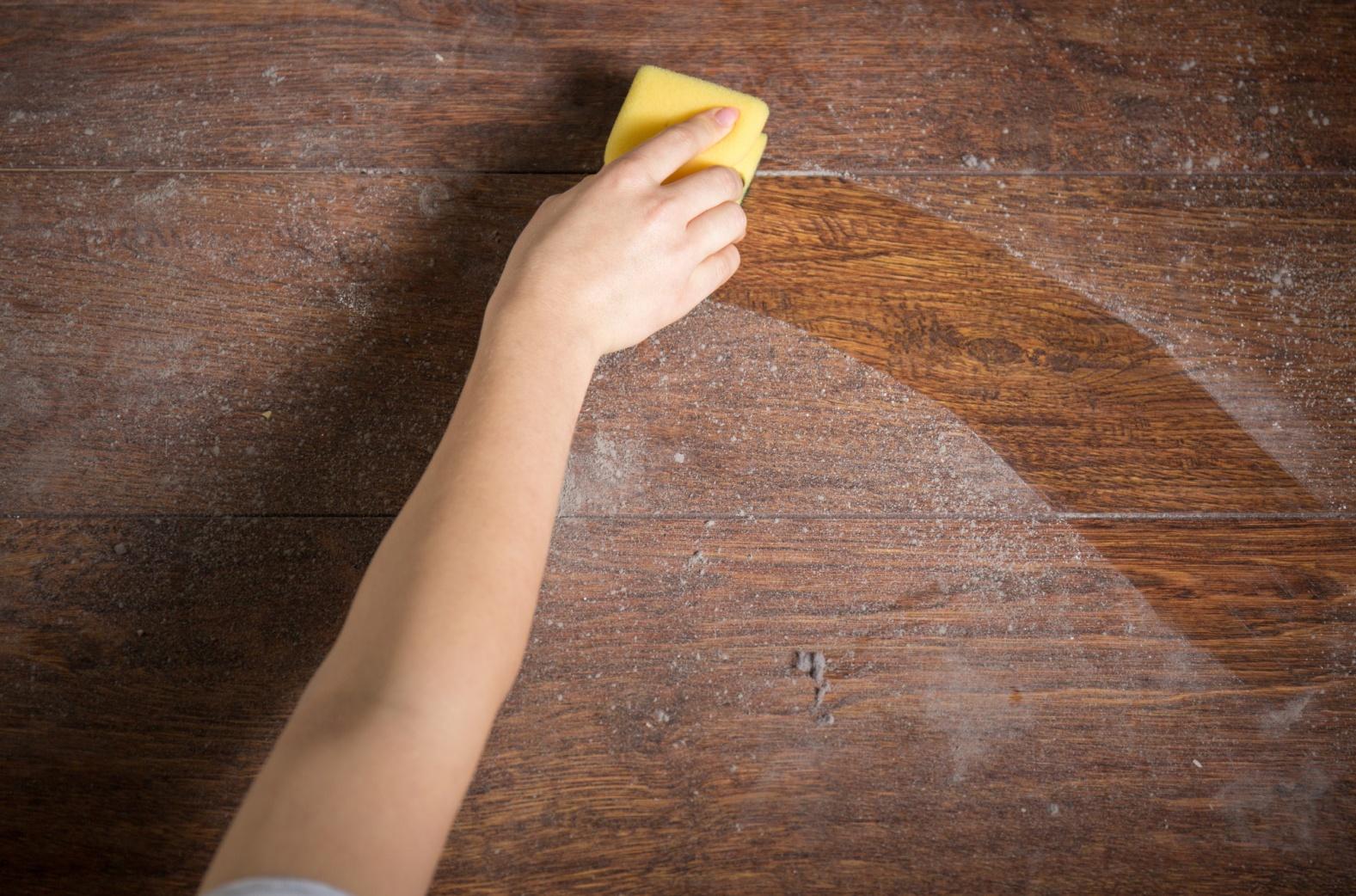Have you ever thought about what flies around when you vacuum?
It’s estimated that five to 10 grams of dust and debris, not including animal dander and human skin cells, is released each time a vacuum is run. As a home-owner, you’re left with vacuuming regularly as part of your cleaning suite.
But is there such a thing as too much dust?
Dust can cause adverse health effects in more significant amounts. So we asked our medical and health experts, “is dust bad for you?” And here are the answers.
Where Does Dust Come From?
Dust is everywhere. It’s in the air we breathe, on the ground we walk, and in our homes. While most of it is harmless, some dust can harm our health.
When it comes to dust, most people think of it as being nothing more than dirt. However, dust is actually made up of a variety of things, including dead skin cells, pollen, pet dander, mold spores, and much more.
Dust is often found in the air and on surfaces indoors and outdoors. Although dust comprises many different things, including dirt, sand, and pollen, it can also contain harmful chemicals, heavy metals, and other toxins.
Dust mites are tiny creatures that thrive in dusty environments. They’re too small to see, but their waste products can cause sneezing, watery eyes, and runny noses. Some people are even allergic to dust mites.
Dust: The Silent Killer
Dust is often referred to as the silent killer because it is an invisible pollutant that can have serious health consequences. Prolonged exposure to dust can lead to respiratory problems, skin irritation, and other health issues.
Symptoms of dust exposure include coughing, difficulty breathing, and irritation of the eyes, nose, and throat. Dust can also worsen existing respiratory conditions such as asthma and allergies. If you think you may have been exposed to dust, you must see a doctor as soon as possible to get treatment.
How To Protect Yourself From the Harmful Effects of Dust
You can do a few things to protect yourself from the harmful effects of dust. First, keep the dust levels in your home or office as low as possible.
This can be done by regularly vacuuming using a good quality dust collector valve; click this link to know more: https://www.everlastingvalveusa.com/dust-collector-valve/. Also, use air purifiers, and limit the use of products that create dust.
If you must be in an area with high dust levels, wear a mask or other protective gear. Don’t forget to wash your hands and clothes after leaving the site.
So, Is Dust Bad for You?
Is dust bad for you? In conclusion, dust may not be immediately harmful but can have long-term health effects. If you suspect you may be allergic to dust or if you experience any of the symptoms mentioned, it’s essential to see a doctor.
Did you find this article helpful? Keep browsing our health section for more helpful advice.








